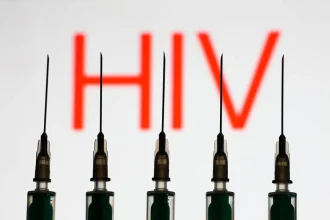Goebbels stands in a cold, silent room, the air thick with a stillness that makes every breath feel heavy. The floor beneath his boots echoes with quiet authority. In front of him, a row of government bloggers sits frozen, their eyes low, their confidence drained. He is not here because they betrayed the people. He is here because they have done something far worse in his eyes, they have betrayed the sacred craft of propaganda.
He begins not with rage, but with surgical precision. His voice is calm, but every word lands like a blade.
“You used the word anarchy on children holding flags and banners. You tweeted panic in the hope of manufacturing obedience, but all you did was broadcast fear. You were tasked with managing perception, but became the reason no one believes the regime anymore. You did not plant seeds of doubt. You threw hashtags like pebbles into a fire and watched them burn within hours. You didn’t seduce the public. You irritated them. You didn’t shift the national mood. You chased clout like street performers.”
He walks slowly down the line, hands behind his back, eyes sharp.
“You called struggling youth foreign-funded while sitting comfortably on stolen money. You defended taxes that even your own families whisper about at night. You reduced the last weapon of the state, the ability to tell a story and control the room, into something unrecognizable. You turned messaging into noise. You turned panic into policy. You turned every online space into a battlefield the regime is now losing.”
He looks one of them directly in the eye, the youngest in the room, still holding onto the hope that this is all a misunderstanding.
“You do not know the damage you have done. When propaganda fails, it does not collapse alone. It takes the illusion of strength down with it. You have not protected power. You have stripped it bare. You have made authority look desperate, reactive, and slow. You have made fear look like comedy. And you have made the regime a meme.”
He returns to the front of the room and closes the file in his hand slowly.
“In my time, men like you would not be cautioned. You would not be reassigned. You would not be given a second chance to tweet again. You would be removed entirely, because a soldier can misfire and be retrained. But a propagandist who weakens the state with every word cannot be tolerated. There is no space for incompetence wrapped in confidence. And for what you have done, even execution is the least punishment imaginable.”
He walks out without another word. And in that silence, the regime begins to understand what it truly means to lose the war before the battle even begins.



